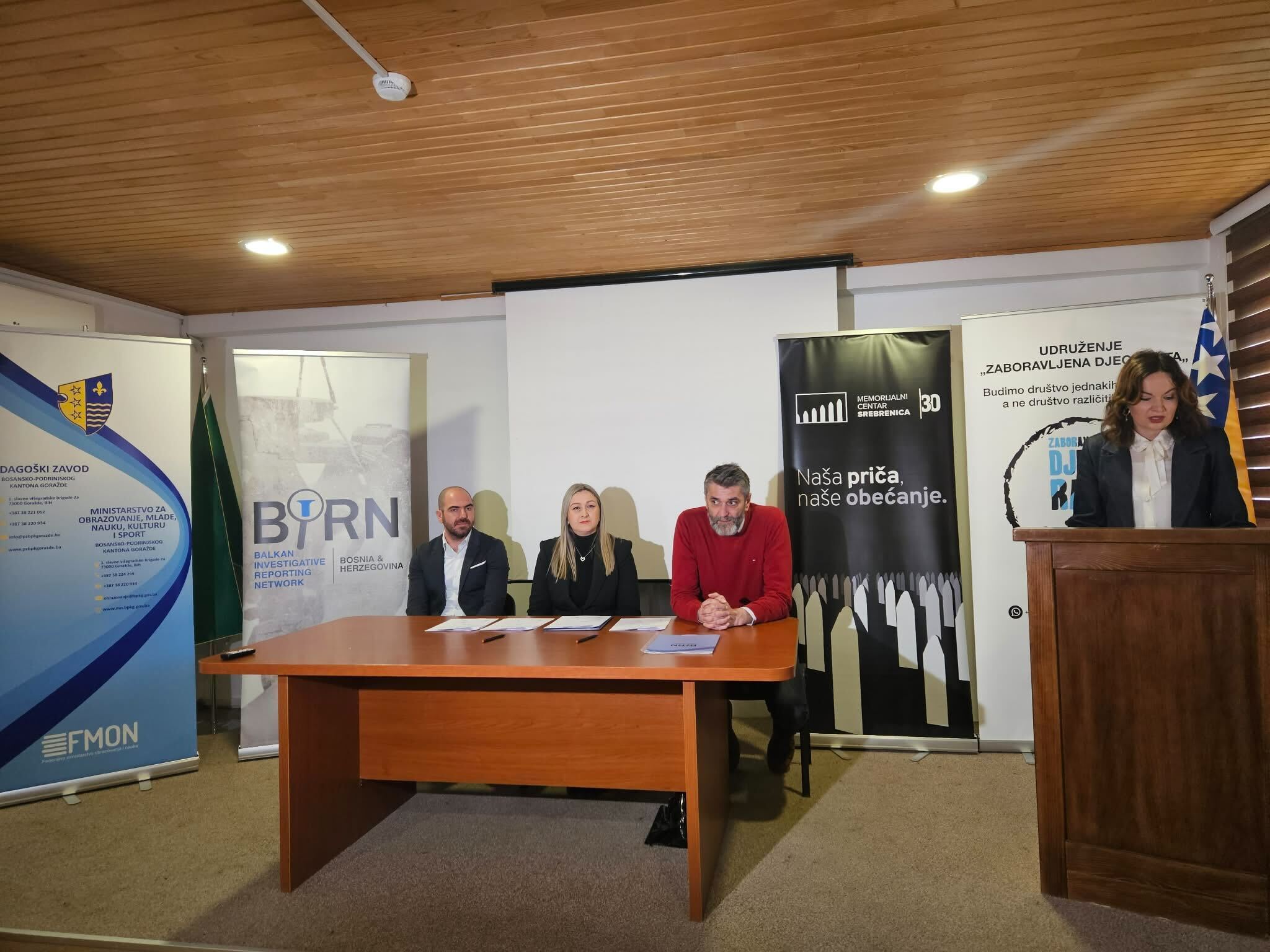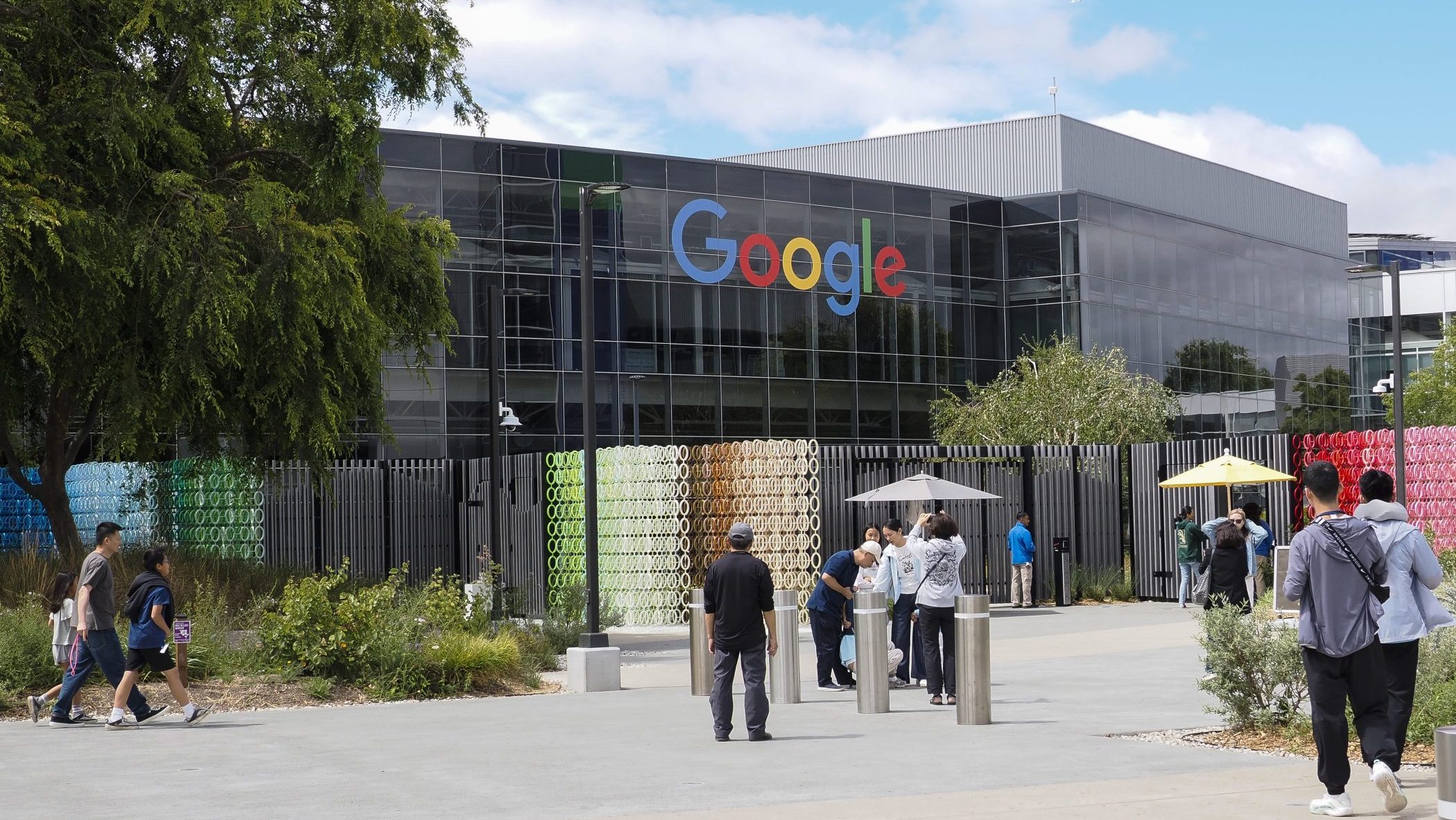This post is also available in: Bosnian
Zijad Bosnic, 45, has been living and working in the US for the last two decades and became an American citizen ten years ago.
Bosnic often visits his wife, three children and the rest of his family, who live in Bosnia and Herzegovina – but in March this year, he was unexpectedly banned from returning to the US without any explanation.
He was eventually granted a one-time waiver by the US embassy in Sarajevo so that he could return to his home in Jacksonville, Florida in July.
Yet Bosnic, a truck driver, remains on the travel ban list which now not only prevents him from visiting his family in Bosnia but also from working.
Together with CAIR, the Council on American-Islamic Relations, Bosnic filed a lawsuit against US federal government institutions on July 20.
The suit names the directors of the FBI, the FBI’s Terrorism Screening Center, the Acting Administrator of the Transport Security Administration, the Commissioner to the US Customs and Border Protection and the Director of the National Counterterrorism Center.
CAIR and Bosnic say they are trying to figure out why he was suddenly banned from travelling after so many years. There is no way for Bosnic to challenge his inclusion on the travel ban list, his lawyers say.
Bosnic’s lawsuit requests that people who are put on the list are given a “legal mechanism that affords them notice of the reasons and basis for their placement on the federal terror watch list and a meaningful opportunity to contest their continued inclusion on the federal terror watch list”.
“We want the court to issue an order saying that the process by which people are put on the list without being afforded due process rights is unconstitutional,” his lawyer Omar Saleh told BIRN.
“But most of all, it is an attempt to get Bosnic off the no-fly list,” he emphasised. “He’s been in the US since 1997, he has never been arrested, but now he can’t work.”
BIRN asked the FBI and all the other institutions named in Bosnic’s lawsuit why he was put on the list, but none of them would comment on a pending court case.
Saleh says that Bosnic’s Transportation Worker Identification Credentials have been suspended because he is on the travel ban list.
Now he can’t enter ports, which has had a significant negative impact on his earnings.
“This is first and foremost an attempt to give our client the freedom he needs to get back to work, and then also a fact-finding mission,” he added.
Stranded in Bosnia
Saleh recalled how Bosnic came to visit his family in March without suspecting any problems, but as he arrived at Sarajevo International Airport to board a plane back to the US, he learned that he was not allowed to fly any more.
Airport officials sent him to the US embassy but when he arrived there the next day, nobody could give him any explanation.
He returned to the embassy about a week later and his lawyer says FBI agents then suddenly began questioning him about whether he was a terrorist and whether he believed in terrorism.
When he tried to board another flight home three months later, he was turned away again. Shortly afterward, he received a letter informing him he had been placed on the ‘no-fly list’ and couldn’t return to the US until he was eventually granted the waiver in July.
The FBI would not confirm or deny the questioning to BIRN.
People on the list are prohibited from boarding commercial aircraft or travelling in and out of the US, it was created after the September 11 attacks in 2001.
Since then, tens of thousands of people have found themselves on the list.
Dianne Feinstein, the former Senate Intelligence Committee chair, described the list in May 2010 as “one of our best lines of defence” but the process used has been criticised by human rights advocates over the potential for ethnic, religious, economic, political, or racial profiling and discrimination.
Toddlers on the ‘no-fly list’
Nobody really knows how people end up on the list and therefore how accurate it is, especially after a number of toddlers, US marines who fought in Iraq and even senators have found themselves on the list.
Senator Ted Kennedy said in 2004 that he was repeatedly delayed at airports because his name was on the list.
It reportedly took a Kennedy – who was able to mobilise high-level connections – several weeks to find out that a suspected terrorist was using the name ‘T Kennedy’, and then convince authorities to take his name off the list.
A truck driver from Jacksonville isn’t likely to have access to the same network.
“It’s like he’s got his hands tied. What do you do now? Do you sit at home and wait to be taken off the list?” Saleh said.
The lawyer described Bosnic as a “down-to-earth” type of person who does not want a lot of media exposure.
When Bosnic and his legal team filed the lawsuit on July 20, the truck driver did not want to be filmed by local media but he did describe his experience as shocking, stressful and embarrassing.
“I’m here. I’m a US citizen, I guess, so I feel that I can go back and forth however I like,” he told First Coast News.
The surname Bosnic is not uncommon in Bosnia and there are several registered radicals and militants with the same surname.
Husein ‘Bilal’ Bosnic is a convicted ISIS recruiter who is currently serving a seven-year prison sentence in Bosnia. Edis Bosnic is one of the main figures in Gornja Maoca – a village that is a stronghold of Bosnia’s Wahhabi community – whose members follow a strict version of Islam.
The village has seen its share of police operations in the past few years, as some residents have been linked to terrorist activity by the authorities.
Bosnic’s lawyer Saleh says sharing a surname is not a good enough reason to be on the list.
“Well, guess what – my name is Omar Saleh, and I share the exact same first name and last name as somebody who is in prison now for committing a terrorist act,” the lawyer said, referring to 21-year-old Munther Omar Saleh from New York, who pleaded guilty in February to conspiring to provide material support to ISIS and planning to conduct an attack in New York.
“I was born and raised in the US, I have lived here all my life, and I have never done anything,” Saleh said, underlining that such “guilt by association” is illegal.
“And it certainly doesn’t afford Zijad the constitutional due process of challenging being placed on the list,” Saleh said.
‘Better vetting needed’
Bosnic’s lawyers are not against the ‘no-fly list’, but the lack of rules for placing someone on it.
“There have to be better processes to vet and investigate people, rather than just wholesale dumping on this list by virtue of association or by virtue of having a Muslim last name, which we would argue is unconstitutional,” Saleh said.
The Bosnic legal complaint says: “Upon information and belief, Mr. Bosnic’s nomination to and designation on the federal terror watch list was made based solely upon a hunch (based upon his race, ethnicity, national origin, religious affiliation, guilt-by-association, or First Amendment protected activities).”
Referring to cases where young children have been placed on the ‘no-fly list’, Saleh asks: “How do you put a toddler on a watch list? I mean, what did they do, other than have a Muslim name or have some association?”
Lucy Martinez from the Department of Homeland Security Public Affairs was quoted by First Coast News as saying that the department could not comment on legal cases.
“We cannot confirm a private individual’s status on TSA Pre✓®, TWIC, no fly, etc. That is someone’s personal private information. As matter of policy, we do not comment on pending litigation and it is our understanding this individual has filed,” Martinez said.
Saleh believes the spread of Islamophobia in the US underpins such policies.
He told BIRN that there is a huge amount of false information about Muslims and Islam that “doesn’t make it easier for the government to make their own policies, if what people read and see in the media makes them elect people who have extreme views”.
Salah explained that CAIR and similar organisations want to work together with government agencies to help improve the way they do things.
“There are procedures – and we don’t want to let them be slowly eaten away,” he added.
The Guardian reported in December 2015 that “according to the FBI’s terrorist screening center, which maintains the list, there were approximately 16,000 people, fewer than 500 of them Americans, on the no-fly list as of September 2011. This had risen to 47,000 people in August 2013, including about 800 Americans, a leak to the Intercept news media site revealed.”
Saleh urged the US authorities to do more to ensure that ‘no-fly’ procedures work properly and do not affect the innocent.
“We understand that things weren’t going to be perfect after 9/11, but it’s 2017. It’s time for us to know how to do this. Let’s do it right,” he urged.

